
Rethinking ‘Best-Before’ Dates: Using Behavioral Science to Reduce Food Waste and Resulting Carbon Emissions
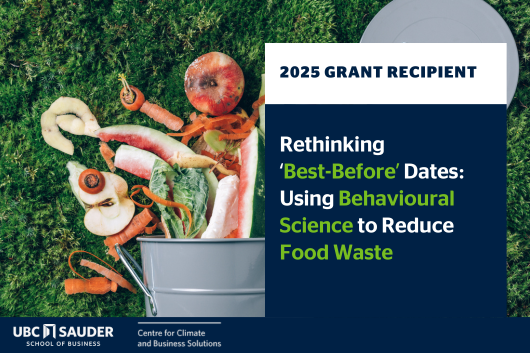
Read more about the 2025 Grant Recipients
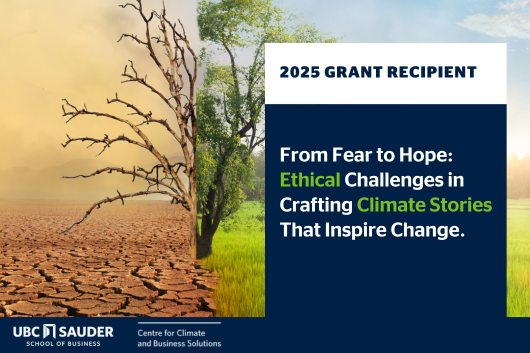
From Fear to Hope: Ethical Challenges in Crafting Climate Stories That Inspire Change
Climate communication plays a crucial role in shaping public perception and driving action on environmental issues. Howe...

Claving, Anesthetic and Reuse interventions in High Volume Surgical Processes
High-volume surgical processes generate significant medical waste, particularly from single-use instruments and anesthet...
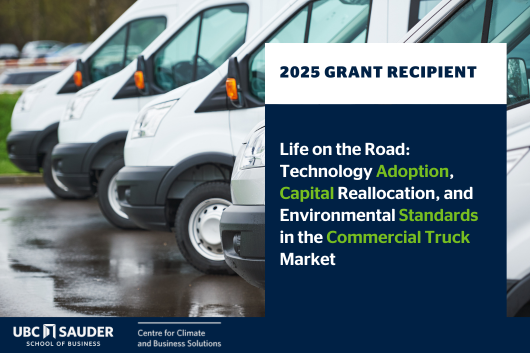
Life on the Road: Technology Adoption, Capital Reallocation, and Environmental Standards in the Commercial Truck Market
The commercial trucking industry is essential to global supply chains but faces increasing pressure to adopt cleaner tec...

Rethinking ‘Best-Before’ Dates: Using Behavioral Science to Reduce Food Waste and Resulting Carbon Emissions
Food waste is a major contributor to carbon emissions, with a significant portion stemming from consumer misinterpretati...
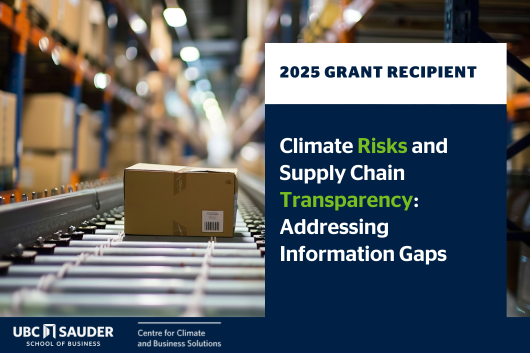
Climate Risks and Supply Chain Transparency: Addressing Information Gaps
Supply chains are increasingly exposed to climate risks, including extreme weather events, resource scarcity, and regula...
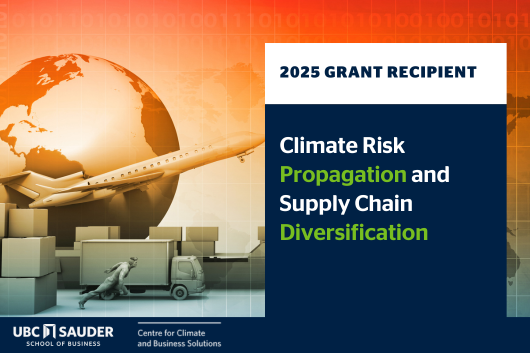
Climate Risk Propagation and Supply Chain Diversification
Climate risks, such as extreme weather events, resource shortages, and regulatory shifts, can disrupt global supply chai...
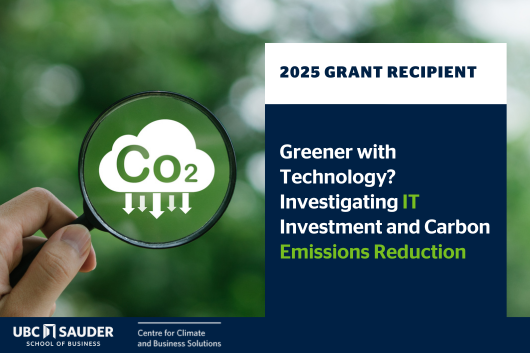
Greener with Technology? Investigating IT Investment and Carbon Emissions Reduction
As businesses seek to reduce their carbon footprint, information technology (IT) investment has emerged as a potential d...